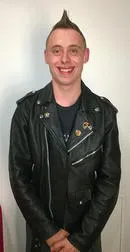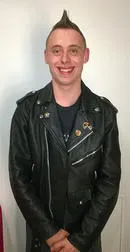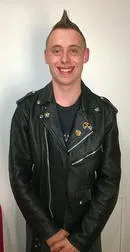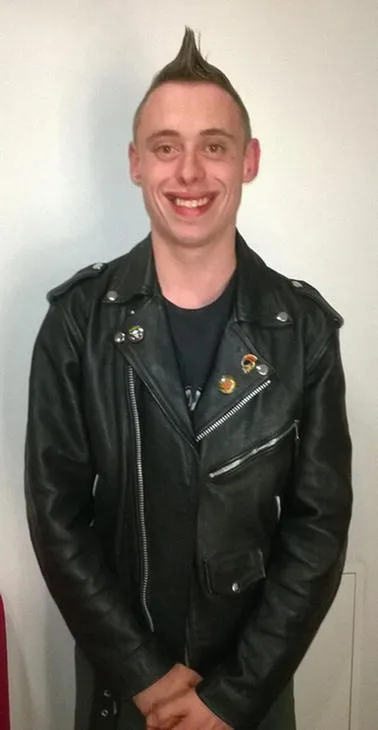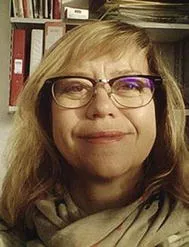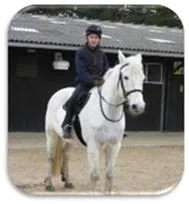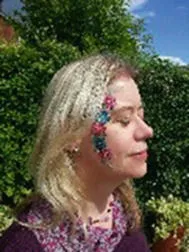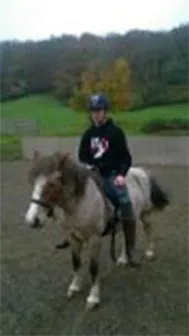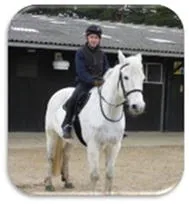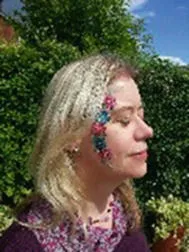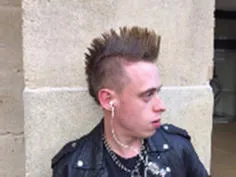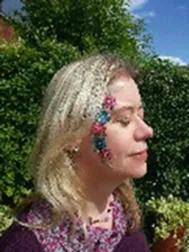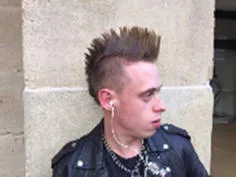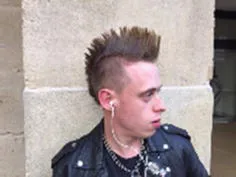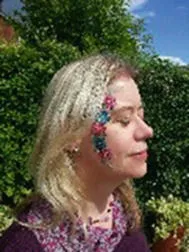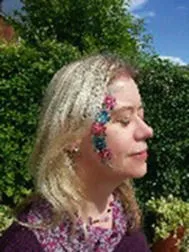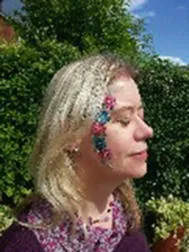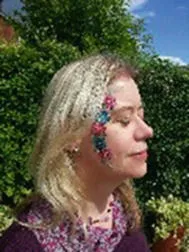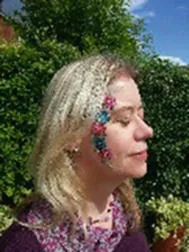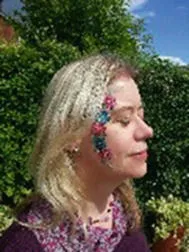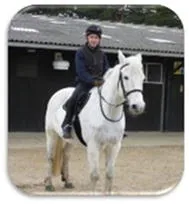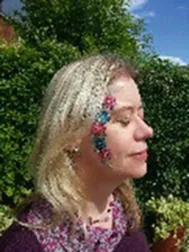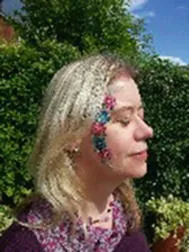Disabled children’s childhoods are introduced in Part 1 through accounts of personal experience. Many of the authors are people who have contributed to the annual Child, Youth, Family and Disability conferences initiated in 2008 at Manchester Metropolitan University and which have since been hosted by the University of the West of England (Bristol) and the University of Cardiff. A common thread running through the chapters is children and young people’s accounts of having to manage the reactions of, usually non-disabled, others to their lives.
In contrast to popular images of disabled childhoods that represent disabled children as passive recipients of care, the authors powerfully convey the assertive and reflective approaches they have developed over time to shape their own experiences of childhood, youth and adulthood. In so doing, they challenge the reader to reflect on their own understandings of disabled children’s childhoods in their local and global contexts.
The chapter “The Texting Project” is a texting project between Blair Manns and Sarah Manns, son and mother. Blair texts his mother about his views on his life for this chapter, finding text the easiest way to communicate, both his personality and his thoughts. The use of text provided Blair with control over what was in his account and, as importantly, what was not presented. Sarah identifies that this medium of communication enabled, supported and gave Blair the power to present his own views. The text is a full, unaltered account.
Jennifer McElwee, David Cox, Tony Cox, Rosemary Holland, Thomas Holland, Theresa Mason, Chloe Pearce, Caroline Sobey, Julie Bugler, Andy James and Beverley Pearce are disabled young people, parent carers and staff in a multi-disciplinary health team for young people with learning disabilities in England. In the chapter “The Tree of Participation: Our Thoughts About Growing a Culture of Participation Between Young People, Parents and Health Team Staff”, they share their experiences of using participatory approaches to inform the development of local health services. By using the metaphor of a tree with roots and branches, they explain the growth and development of their participation and the service over time.
In the chapter “What Can I Say?”, Wendy Merchant begins with the ethics of writing together with her son, Jamie. Jamie made a short animation about what he wished to do during his school summer break, including attending the local play scheme. In response Wendy composed a drama to convey her experience of trying to find him a play scheme. Wendy works as a researcher in disability studies and, had she found a welcoming and accessible play scheme for Jamie, this volume would include a chapter drawing on Wendy’s research into the experiences of mothers with disabled children in hospital wards in England. As Wendy was unable to access childcare, that chapter was never written. This chapter, instead, reveals the impact of inadequate childcare on mothers of disabled children. Despite the fact that this issue is recognised in the United Kingdom in government, law and policy, Wendy proposes a number of further strategies needed to address the hostility and barriers encountered by parents and their children, including advocacy, networks of support and co-production in research.
In the chapter “The Heaviest Burdens and Life’s Most Intense Fulfilment: A Retrospective and Re-understanding of My Experiences with Childhood Liver Disease and Transplantation”, Sophie Savage also reflects back on her childhood as she explores the messages she was given as a child. Sophie’s story focuses on her survival and messages about her future as someone living with liver disease, and then life after liver transplantation. In order to do this, she reworks a metaphor of ‘burden’ to turn the weighty everyday pressures put on her into sources of insight and determination. Her passion for learning and her personal creativity weave a story for us to time travel with her from childhood to adulthood where she now mentors young people facing similar interventions but with growing understanding and networks of support.
Rebecca Whitehead shares her journey as a sister to Beth in the chapter “My Sister, My World: From Second Mum to Nurse”. The world of professional labels and interventions came into her home in ways that either over-involved her or ignored her as a sibling. She develops her own understanding of her sister’s feelings to retain and build a close reciprocal relationship. She invites the reader to get to know young people with learning difficulties and explains how her experience has made her who she is now – a trainee nurse for people with learning difficulties.
Jo Skitteral tells her story of becoming a mother in the chapter “Being a Disabled Woman and Mum: My Journey from Childhood” Jo’s story began in childhood when she received powerful messages that motherhood would not be part of her future or those of her friends in the special school she attended. Although Jo’s story is one of defiance, she tells us how difficult it is for a disabled woman to access maternity services in England and to manage the hostility shown to her by others. In a disabling context, it is also difficult for Jo to share her concerns as a thoughtful parent. Jo shares the ways she has shaped motherhood and how she and her child enjoy many aspects of difference together and with others close to them. Her account challenges readers to reflect more broadly on their understandings of mothering.
In the chapter “Going ‘Off Grid’: A Mother’s Account of Refusing Disability”, Kim Davies gives a critical account of negotiating possibilities for her son by refusing ‘disability’. In the chapter, Kim explains her reasons for refusing her doctor’s recommendation that her child should have an appointment with a psychiatrist. Writing from Australia, in a context in which the psy-professions have a strong grip, Kim’s account boldly challenges understandings of ‘normality’ and ‘inclusivity’ in the search for alternative subjectivities in-between ‘ability’ and ‘disability’.
As we outlined above, the authors in this section offer personal accounts. They do not seek to represent the lives of others, but their concerns are echoed in the chapters that follow where we see how the dominant norms of the Global North also impact the Global South. The strategies discussed here are not presented as universal answers but are illustrations of everyday activism generated and shaped by young disabled people, groups and communities and grounded in specific contexts.
